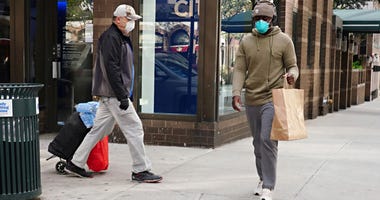
Neil A. Carousso produces “Elizabeth Vargas Reports” on NewsNation – America’s fastest growing cable news network. Tune in to Vargas weekdays at 7 PM ET for unbiased news for all America.
Neil A. Carousso produces NewsNation original “Kurt’s Country” – a celebration of country music and a slice of Americana with host Kurt Bardella.
Neil A. Carousso produces NewsNation original “Kurt’s Country” – a celebration of country music and a slice of Americana with host Kurt Bardella.







